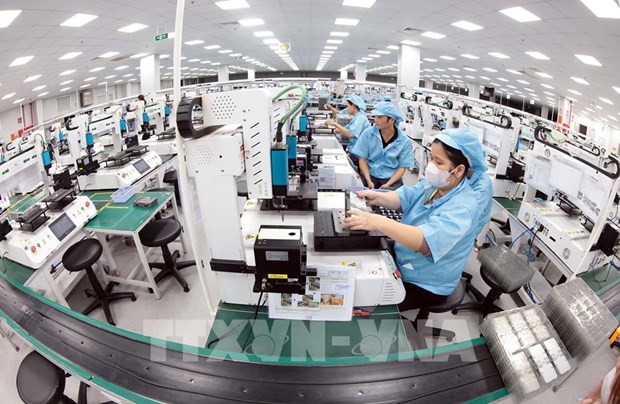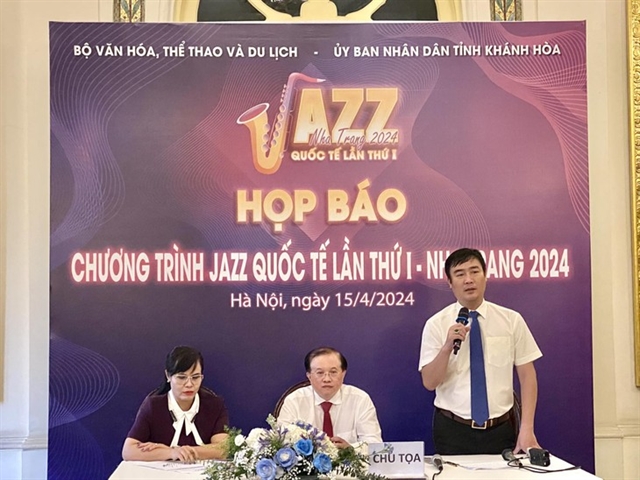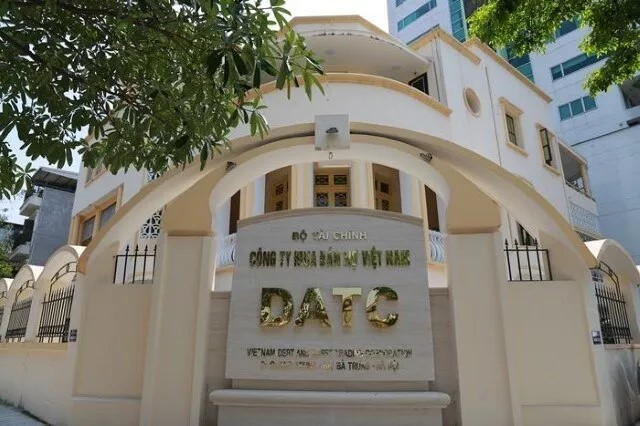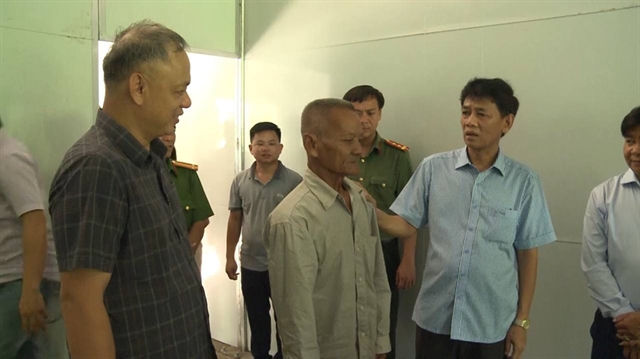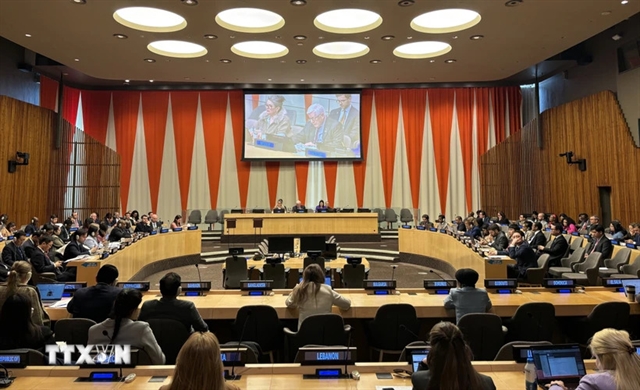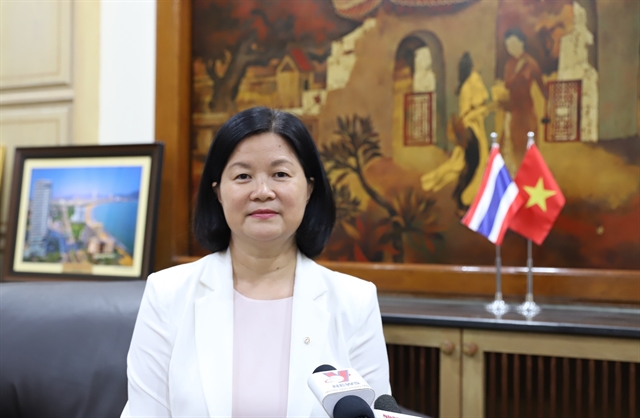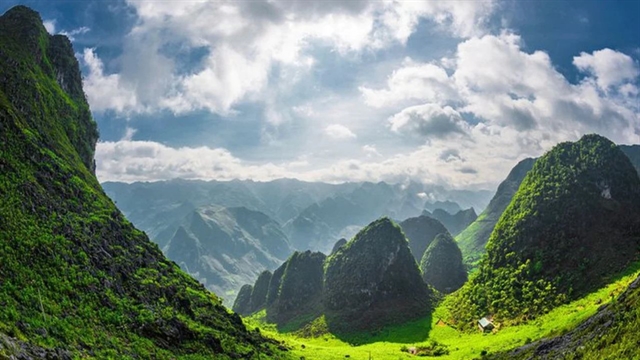 Society
Society

More rice farmers in the Cửu Long (Mekong) Delta province of Bến Tre have growing other crops on low-yield rice fields and are breeding aquatic species and animals that offer higher profit.
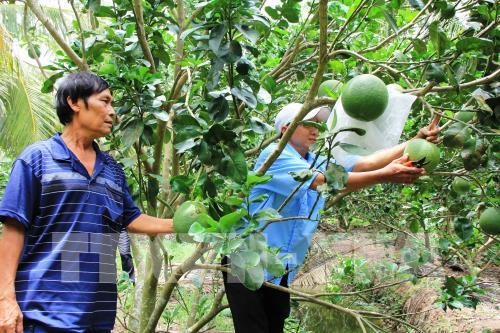 |
| Farmers harvest green-skin and pink-flesh grapefruits in Bến Tre Province. - VNA/VNS Photo |
HCM CITY – More rice farmers in the Cửu Long (Mekong) Delta province of Bến Tre have been growing other crops on low-yield rice fields and breeding aquatic species and animals that offer higher profit.
Lê Văn Hòa in Giồng Trôm District’s Phong Mỹ Commune is hiring people to plant coconuts and citrus fruits on his 1.2ha rice field.
He has decided to switch to growing coconuts and citrus fruits because his rice field lost all harvested rive in 2016 due to severe saltwater intrusion, and had a poor harvest last year.
Inclement weather and high production costs for planting rice have caused many local rice farmers to turn to other crops.
Bến Tre, a coastal province, is normally affected by saltwater intrusion in the dry season.
Nguyễn Văn Hiệp, who formerly planted rice on his 6,000 sq.m of land in Giồng Trôm District’s Châu Bình Commune, now plants coconut, grapefruit and grass for feeding oxen.
He now earns a profit of VNĐ100 million (US$4,400) a year, higher than from rice.
Previously, he planted two rice crops a year and had a poor rice yield, he said.
Hiệp’s farmland, which is located in low-lying area, is often inundated in the rainy season and is affected by saltwater intrusion in the dry season.
Đinh Thị Thanh Nhanh, head of the Giồng Trôm District Agriculture and Rural Development Bureau, said the district’s rice area had fallen from more than 4,000ha to 2,200 ha over the last five years.
The converted rice fields with crops such as coconut, green skin and pink flesh grapefruit and vegetables provide higher profits than rice, according to Nhanh.
Local authorities have encouraged farmers to turn low-yield rice fields along rivers, islets and alluvial grounds to breed aquatic species.
Bến Tre farmers converted more than 7,500ha of low-yield rice fields to other crops and have bred aquatic species and animals in 2015-17, according to the province’s People’s Committee.
The conversion has helped increase yield from VNĐ51 million per hectare in 2013 to VNĐ80 million per hectare last year.
Nguyễn Hữu Lập, deputy chairman of the People’s Committee, said Bến Tre is one of the delta’s localities hardest hit by climate change.
The province is focusing on developing specialised farming areas to adapt to climate change.
In salt- and brackish-water areas, the province will develop intensive- and semi-intensive shrimp farming and models of breeding shrimps in submerged forests and in rice fields.
In freshwater areas, the province will develop specialised farming areas for fruits and coconuts, the province’s key crops. The province is the country’s largest coconut producer.
Bến Tre plans to convert about 6,000ha of low-yield rice fields in high-lying areas and saltwater-affected areas to other crops, aquaculture or breeding animals from now to 2020. - VNS

